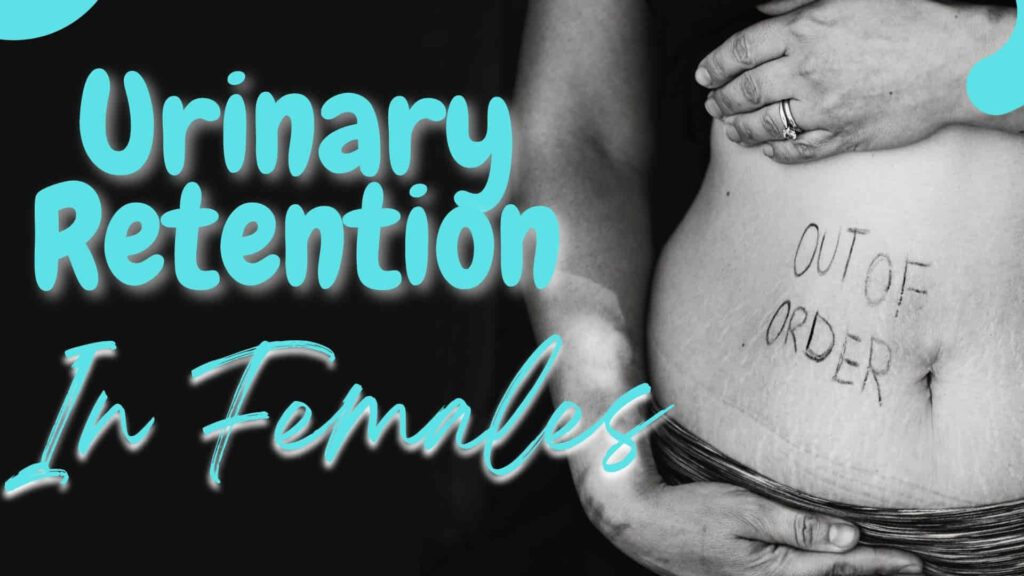Table of Contents
Introduction.
In vitro fertilization (IVF) is a moderately popular and commonly utilized advanced reproductive technology (ART) for people and couples experiencing infertility. It makes logical that if you have never had IVF therapy, you would have some questions.
IVF may have you wondering if it hurts. Aside effects of the injections? Is the transplantation of the embryo painful? We intend to address these queries and ease your worries in this essay. In this manner, you can enter your IVF procedure prepared, confident, and aware of what to expect.
Is IVF Painful?
Each patient reacts to the IVF process differently, and some patients may find it uncomfortable, while others may not.
Although some steps of the procedure, like injections or egg retrieval, may cause some discomfort, you shouldn’t ever experience severe pain.
It’s crucial to remember that complications from in-vitro fertilization (IVF) are uncommon and can typically be properly managed. Severe pain may be a symptom of a problem.
Although self-injecting fertility drugs have the potential to be painful, most patients report that it is more uncomfortable than painful.
Although the thin needles used for self-injection are safe, having a spouse or friend help administer the injections can be beneficial and reassuring if you are uncomfortable around them. The technique’s steps are listed below.
Ovarian Stimulation Injections.
The initial step in IVF is ovarian stimulation. Self-injectable drugs are administered to patients to encourage egg maturation during the menstrual cycle.
Bloating and other unfavourable side effects are occasionally experienced by women due to the hormone fluctuations brought on by the injections, but they are often not severe or painful. Possible side effects are breast soreness, bloating and fluid retention, mood changes, headaches, and insomnia.
All women may not feel some or all of these negative consequences. These harmful effects are usually tolerable and momentary. One adverse effect of these injections that some people hardly ever experience is ovarian hyperstimulation syndrome. This syndrome appears when a woman has an excessive number of follicles and fluid leaks into her abdomen. With rest and enough water, most cases may be treated at home. In rarer and more critical situations, hospital care may be necessary.
Ovulation Induction: The Trigger Shot.
Your doctor will prescribe another drug to trigger ovulation and release the eggs once determined that your ovaries have matured the eggs to the proper level. Human Chorionic Gonadotropin (HGC).
A hormone that aids in the development of the eggs before ovulation is typically present in this trigger injection. Usually, the shot is administered 36 hours before egg retrieval.
Although the trigger shot may have side effects, most patients report temporary injection site irritation.
What to Expect During an Egg Retrieval?
Patients are given sedatives and painkillers before egg retrieval to eliminate discomfort virtually.
Following, it’s common to feel small side effects like cramps, bloating, or pressure. Most pain can be relieved with an over-the-counter drug like ibuprofen, but your doctor may prescribe a stronger drug if necessary.
Recovery from the retrieval usually happens quickly, and after a day or two of relaxation, you should be able to return to your routine.
Embryo Transfer.
The embryos will be chosen to be implanted in the uterus once the eggs have been removed and fertilized in the laboratory. Through the use of a vaginal catheter and a syringe, the embryo is placed directly into the uterus.
The catheter’s pressure will be felt, but you won’t feel anything coming from the syringe. Female users often compare this to how a Pap test’s speculum feels. The transfer can be uncomfortable for some ladies, but most don’t mind.
Additionally, recovery time after the transfer ought to be brief. 9–10 days after your embryo transfer, you will have a planned pregnancy test with your fertility specialists to see if pregnancy has occurred.
Emotional Pain: Grief After An IVF Failure.
The IVF procedure may be difficult. You should maintain optimism while being practical. Using your eggs typically requires at least three rounds of IVF to be effective (while with egg donation, at ELITE IVF, for example, one attempt could suffice). It may still be an extremely emotional time, particularly if an IVF cycle is unsuccessful. Allow yourself to experience whatever emotions come up during this time.
After an IVF failure, it’s common to experience grief. Spend time with yourself, remember to be kind to yourself, and remember that you are not alone.
The experiences that many individuals and couples are having are extremely similar. Women undergoing IVF are frequently depressed during the procedure. You can struggle to maintain your optimism following unsuccessful IVF cycles.
Temporary sensations of worry and depression may also be brought on by the hormones used in IVF. Speaking with a therapist or fertility counsellor can assist you in navigating through your emotions and processing them throughout this process.
By joining IVF support groups, you could also want to connect with other couples or individuals going through comparable emotions.
Conclusion.
Any time you undergo a medical procedure, pain is always a possibility. IVF is not any different in this regard. During the operation, you should prepare to experience some pain and discomfort.
Additionally, you’ll be able to manage better any negative emotions you might experience. If you’re thinking about IVF or any other form of reproductive therapy, schedule a consultation with our specialists.
References.
Zhao Y, Brezina P, Hsu CC, Garcia J, Brinsden PR, Wallach E. In vitro fertilization: four decades of reflections and promises. Biochim Biophys Acta. 2011 Sep;1810(9):843-52.
Treating infertility. American College of Obstetricians and Gynecologists. http://www.acog.org/Patients/FAQs/Treating-Infertility. Accessed April 30, 2016.
Macklon NS, Stouffer RL, Giudice LC, Fauser BC. The science behind 25 years of ovarian stimulation for in vitro fertilization. Endocr Rev 2006; 27:170.
IVF: Frequently asked questions. Society for Assisted Reproductive Technology. https://www.sart.org/patients/frequently-asked-questions/. Accessed April 30, 2019.



